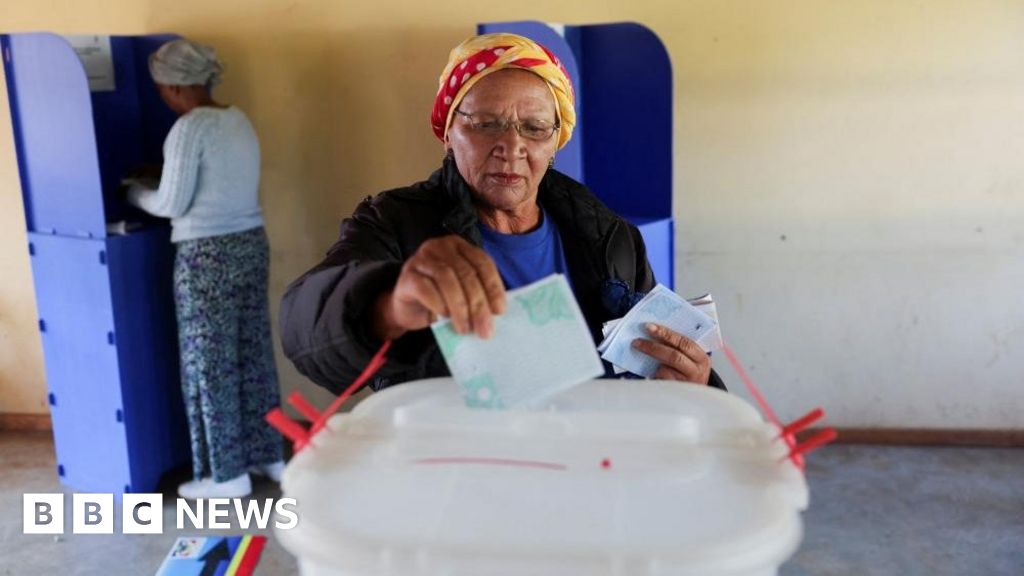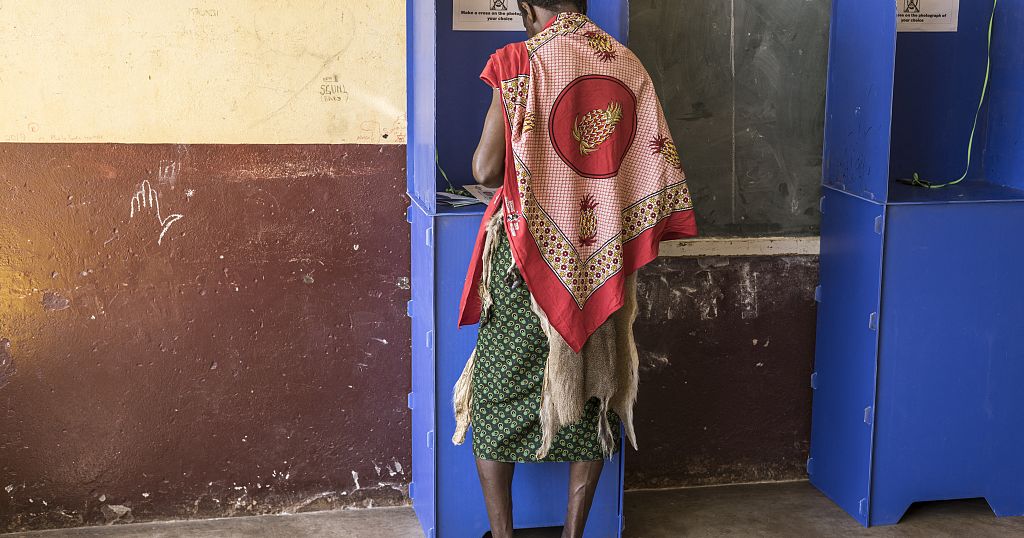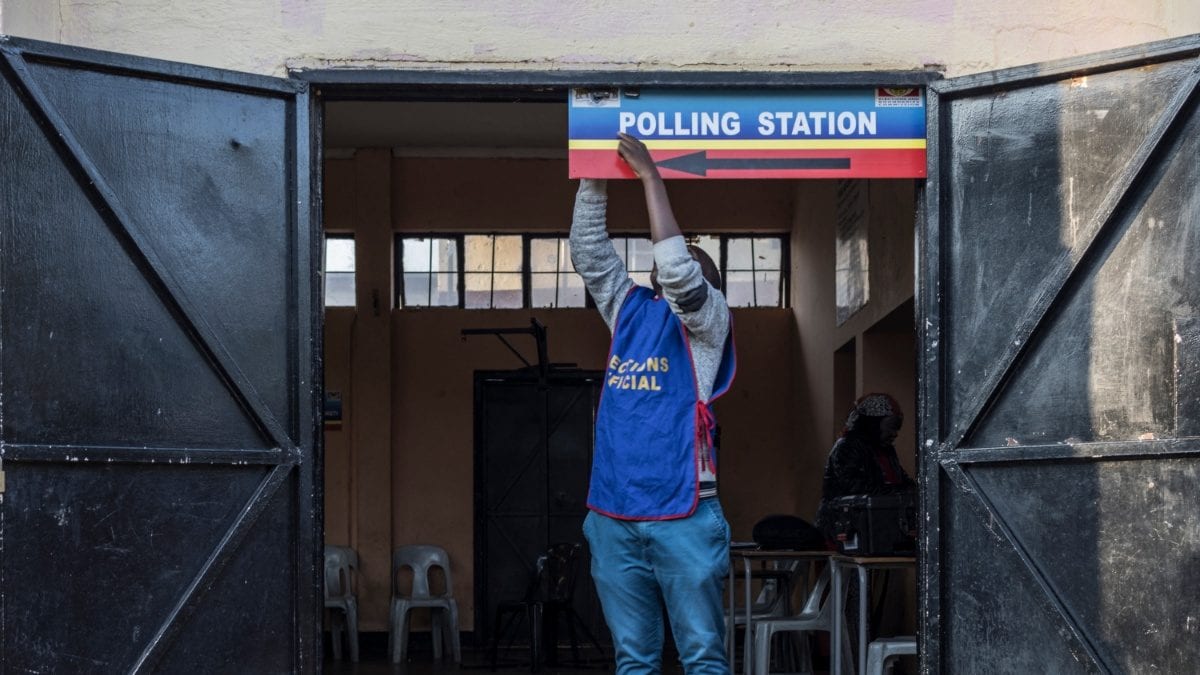Eswatini, previously known as Swaziland, is a small landlocked country situated in southern Africa. It stands apart as the last remaining absolute monarchy on the African continent, and one of the few in the world.

Also Read: China Launches First Cross-Sea Bullet Train Line Near Taiwan Strait
The new parliamentary elections held in Eswatini, a nation where political parties have been prohibited since 1973, and where candidates are not permitted to run for political parties.
These elections, taking place in September 2023, have raised questions about the nature of governance, democracy, and the role of traditional institutions in modern Africa.
Eswatini’s political landscape has been formed by a long history of monarchy, tradition, and colonialism. The nation gained freedom from British colonial rule in 1968, and since then, it has been ruled by a monarchy that has maintained a firm grip on political power.
King Mswati III, who rose to the throne in 1986 at 18 years old, has been in charge for almost forty years. His rule, marked by absolute authority, has faced growing discontent and calls for democratic reforms in recent years.
One of the characterizing elements of Eswatini’s political system is the ban on political parties. Starting around 1973, political parties have been banned, forcing individuals seeking elected positions to run as independent candidates in parliamentary elections held every five years.
Also Read: Meta AI Unveils AI Chatbots With Over 25 Personalities
This ban has been a contentious issue, with critics arguing that it stifles political pluralism, free expression, and the ability of citizens to participate in a truly democratic process.
Under Eswatini’s tinkhundla system of governance established in 1977, local chiefs play a pivotal role in the nomination of election candidates.
The nation is separated into regions, further partitioned into tinkhundla or community centers, which regroup chiefdoms or umphakatsi. These chiefs report directly to the king and wield significant influence in the nomination process.
Critics argue that this system often produces elected officials who are supportive of the monarchy, as they owe their positions to traditional authorities.
Eswatini’s monarchy, led by King Mswati III, holds significant power and control over the country’s political institutions. The king appoints countless individuals to both the lower house (house of assembly) and the upper house (senate).
Additionally, he has the authority to appoint the prime minister, dissolve parliament, and command the police and the army. Laws proposed by parliament require the king’s approval to become enforceable.
Also Read: OpenAI’s ChatGPT Can Now Browse Internet
Recently, Eswatini has confronted developing calls for political and democratic reform. These calls raised in 2021 when student-led protests, initially sparked by allegations of police brutality, evolved into demands for broader political change.
Human Rights Watch reported that at least 46 people lost their lives in clashes between protesters and security forces during these demonstrations. The government disputed this figure and maintained that the police were responding to violent attacks.
The government’s reaction to calls for reform has been met with a harsh crackdown on dissent. Journalists, activists, and opposition figures critical of the monarchy have faced prosecution and harassment.
Some have been imprisoned, while others have fled into exile to escape persecution. This crackdown on dissent has drawn condemnation from international human rights organizations. Critics of the monarchy have also pointed to the stark economic disparities within Eswatini.
Despite being one of the wealthiest monarchs in the world, King Mswati III‘s opulent lifestyle, characterized by luxury cars, private jets, and multiple wives, stands in stark contrast to the high levels of poverty experienced by a significant portion of the population.
According to the World Bank, more than half of Eswatini’s citizens live on less than $3.65 a day, highlighting the stark inequalities in the country.
Also Read: Narwhal: Taiwan Unveils 1st Indigenous Submarine

/cloudfront-us-east-2.images.arcpublishing.com/reuters/PTPYCUL25ZLNNPTAOTOZYM7EGE.jpg)





















